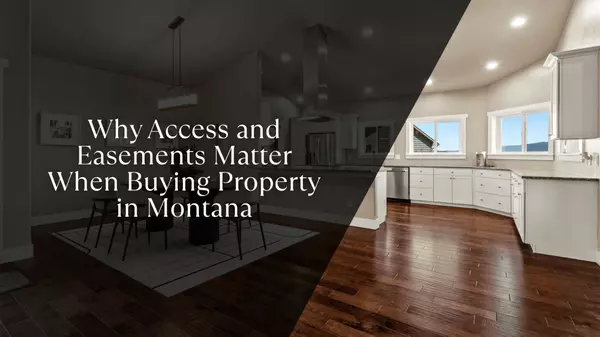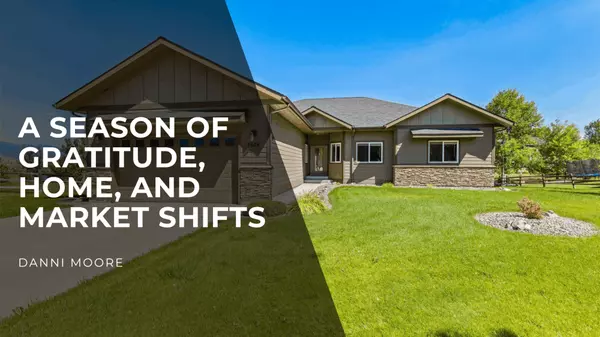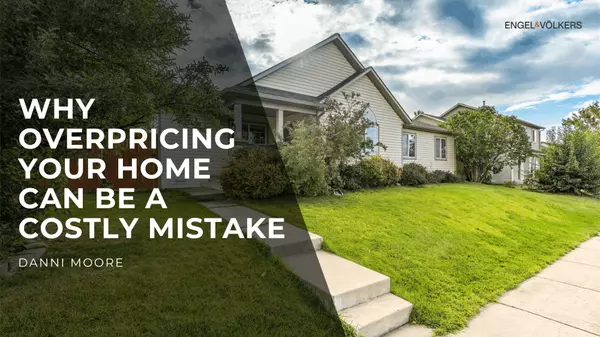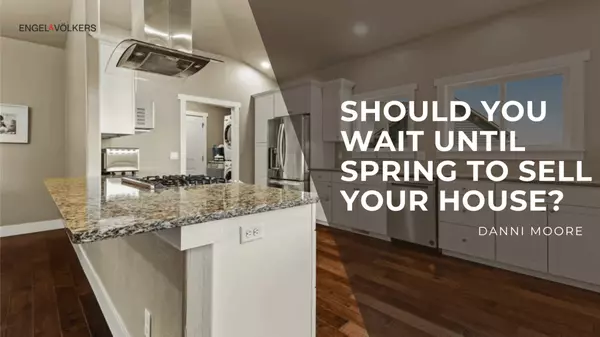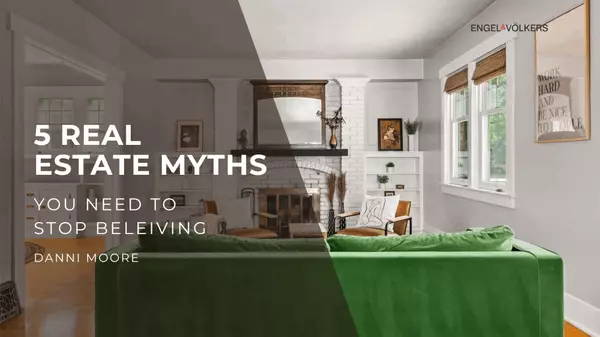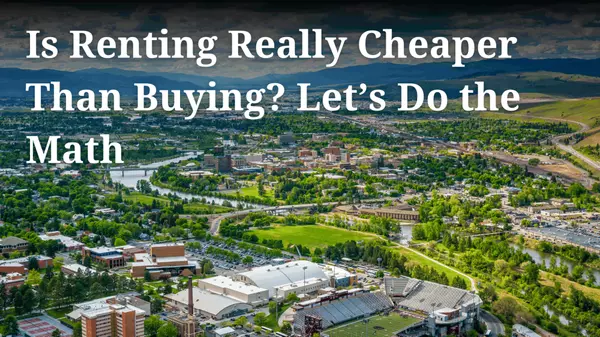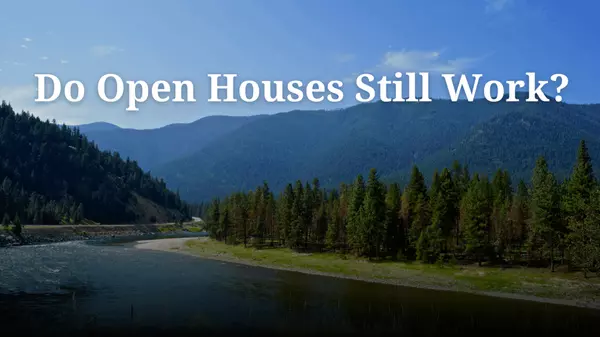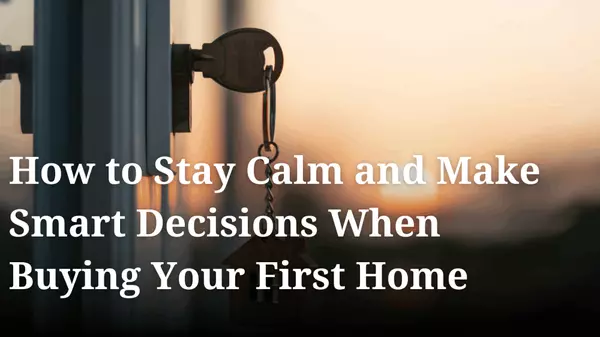Is Renting Really Cheaper Than Buying? Let’s Do the Math
Alright, let’s settle this one once and for all — or at least, let’s really break it down so you can decide what’s right for you. Because this whole “renting is throwing money away” thing? It’s not that simple. But neither is “buying is always better.” There’s no one-size-fits-all answer here, but let’s crunch some numbers and talk real life. You know, the stuff that actually matters.
First: Let’s Talk About What “Cheaper” Even Means
“Cheaper” isn’t just the monthly price tag. It's also peace of mind. Flexibility. Long-term gain. Short-term pain. It's emotional too. So yeah, we’re going to talk dollars — but we’re also going to talk life stuff. Because you're not a spreadsheet, you're a person. With pets. Maybe kids. Definitely bills.
Monthly Cost: Rent vs Mortgage
Let’s start with the obvious:
Renting:
- Let’s say you’re renting a decent place for $2,000/month.
- You’re likely paying first and last month’s rent, maybe a security deposit.
- No property taxes.
- No surprise roof leak repairs.
- You’re calling the landlord when the water heater dies, not footing the bill.
Buying:
- Let’s say you buy a $400,000 home.
- With 10% down ($40,000), your loan is $360,000.
- At 6.5% interest (just an example, don’t @ me), you’re looking at roughly $2,275/month for principal and interest.
- Add another $400-ish/month for property taxes.
- Plus insurance, maybe $150/month.
- Oh, and the HOA? Don’t forget the HOA if it applies.
- You’re now at around $2,825–$3,000/month, give or take.
So yeah — on paper? Renting looks cheaper. For now.
But Wait — Equity, Baby!
When you rent, your monthly payment is gone. Poof. You paid to live there, end of story.
When you own, part of that monthly payment goes toward you. It’s your equity — the chunk of the house you own outright. The longer you stay, the more of it you build. And when the market goes up (which it usually does over time), your house can be worth more, too.
In 5 years, a renter might have paid $120,000 and walked away with nothing. A homeowner? They might have $80,000+ in equity (between principal paid and appreciation). Not guaranteed — but not uncommon either.
Flexibility vs Stability
Renting = Flexibility.
- Hate your neighbors? Move next year.
- Got a job in another city? Pack up.
- Landlord raises the rent? You’re not stuck.
Buying = Stability.
- Your mortgage doesn't go up every year.
- Your home is yours. Paint it purple. Knock down a wall. Get a dog.
- You’re not worried about being priced out of your neighborhood.
Maintenance Costs: Don’t Forget the Fun Stuff
This is the part buyers forget to budget for. And renters take for granted.
Homeowners pay for:
- HVAC repairs
- Leaky roofs
- Plumbing issues
- Appliances dying at the worst possible time
A good rule of thumb? Expect to spend 1% of your home’s value on maintenance per year. That’s about $4,000/year on a $400k house. Some years it’ll be $500. Some years it’ll be “a new HVAC system and a bottle of wine to cry into.”
The Hidden Costs of Both
Let’s be honest — renting isn’t carefree. Landlords can sell. Leases can change. Rent can spike. Pets can be restricted. You have less control.
And owning? It’s not all sunshine and tax deductions. You’re committed. You’re the landlord now. And your emergency fund really needs to be a thing.
So… Is Renting Cheaper?
Short-term? Yeah, probably.
Long-term? Probably not.
Emotionally? Depends entirely on your life stage, your risk tolerance, and your goals.
Here’s the Real Question You Should Be Asking:
“What’s the right move for me right now?”
If you’re staying in the area for 3+ years, have a stable income, and enough saved to cover the down payment and emergencies? Buying might be smarter.
If you’re moving soon, don’t have savings, or just don’t want to deal with the responsibility? Renting’s not a failure — it’s smart.
Final Thought: It’s Not a Race
There’s a lot of pressure out there. “Why are you still renting?” “Don’t you want to build wealth?” “You're throwing your money away!”
Ignore that noise.
Renting isn’t wasting money. It’s paying for flexibility. It’s paying for not being responsible when the roof caves in during a rainstorm. It’s a choice — not a failure.
Buying isn’t always winning. It’s a big commitment. It can be amazing — but only if you’re ready.
So do the math. Do the soul-searching. And make the move that makes sense for you.
And if you need help running the numbers for your exact situation? I’m right here. Let’s do the math together — and figure out your best next step.
Recent Posts
